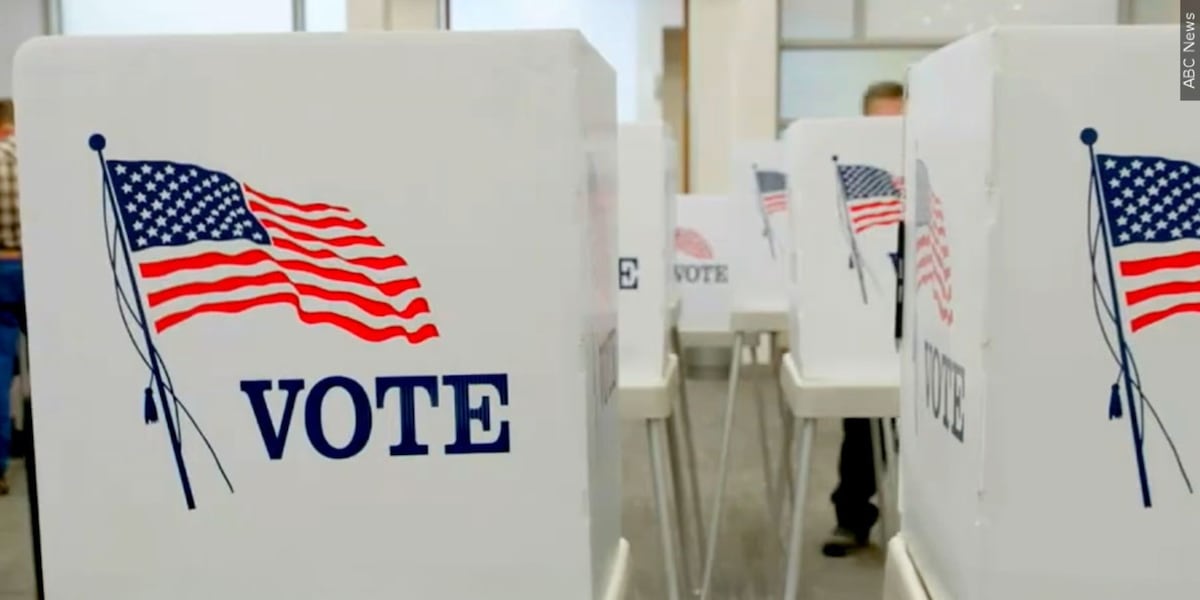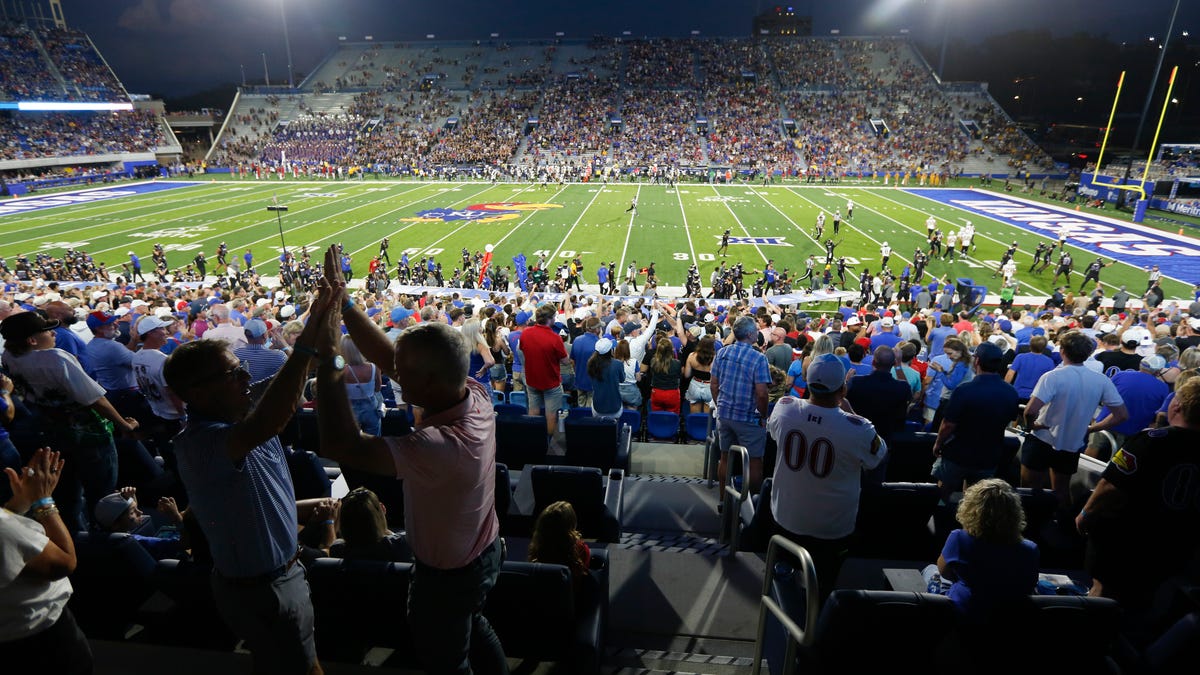A driver was killed after he was flung from his car and smashed into a metal door in a horrifying crash in North Dakota.
Another passenger was seriously injured after he was also ejected from the vehicle and a third person was left with minor injuries following the collision.
Salvador Mendiola, 32, from Mexico, was driving a 2002 Mercury Mountaineer south on 87th Avenue Northwest in New Town on August 5 at around 11.20pm.
He failed to negotiate a curve and ran off the road which caused the SUV to roll before coming to rest at the bottom of a ditch.
Mendiola was not wearing a seatbelt and CCTV footage captured shows the shocking moment he was ejected from the car before slamming into a shop front.
A driver was killed after he was flung from his car and smashed into a metal door in a horrifying crash in North Dakota

Salvador Mendiola, 32, from Mexico, was driving a 2002 Mercury Mountaineer south on 87th Avenue Northwest in New Town on August 5 at around 11.20pm
Passengers Lazaro Gonzalez, 25, and Salvador Gonzalez, 26, both from Mexico, were also hurt in the crash.
Lazaro was in the front seat and not wearing a seatbelt and was flung from the car while Salvador, in the back, had one on and remained in the vehicle.
Authorities raced to the scene where Mendiola was pronounced dead following the shocking crash.
Lazaro was left seriously injured and taken to Trinity Hospital in Minot for treatment while Salvador sustained minor injuries and treated at the scene.

He failed to negotiate a curve and ran off the road which caused the SUV to roll before coming to rest at the bottom of a ditch

Mendiola was not wearing a seatbelt and CCTV footage captured shows the shocking moment he was ejected from the car before slamming into a shop front
In a video of the horrifying crash, the car is seen skidding off the highway and rolling down a ditch.
Mendiola is then hurled out of the window and is traveling in the air at great speed for a few seconds.
He smashes in the metal front door of a business as terrified witnesses watch on.
The car then smashes into a parked car and comes to a halt.
The crash is still under investigation by the North Dakota Highway Patrol.
























